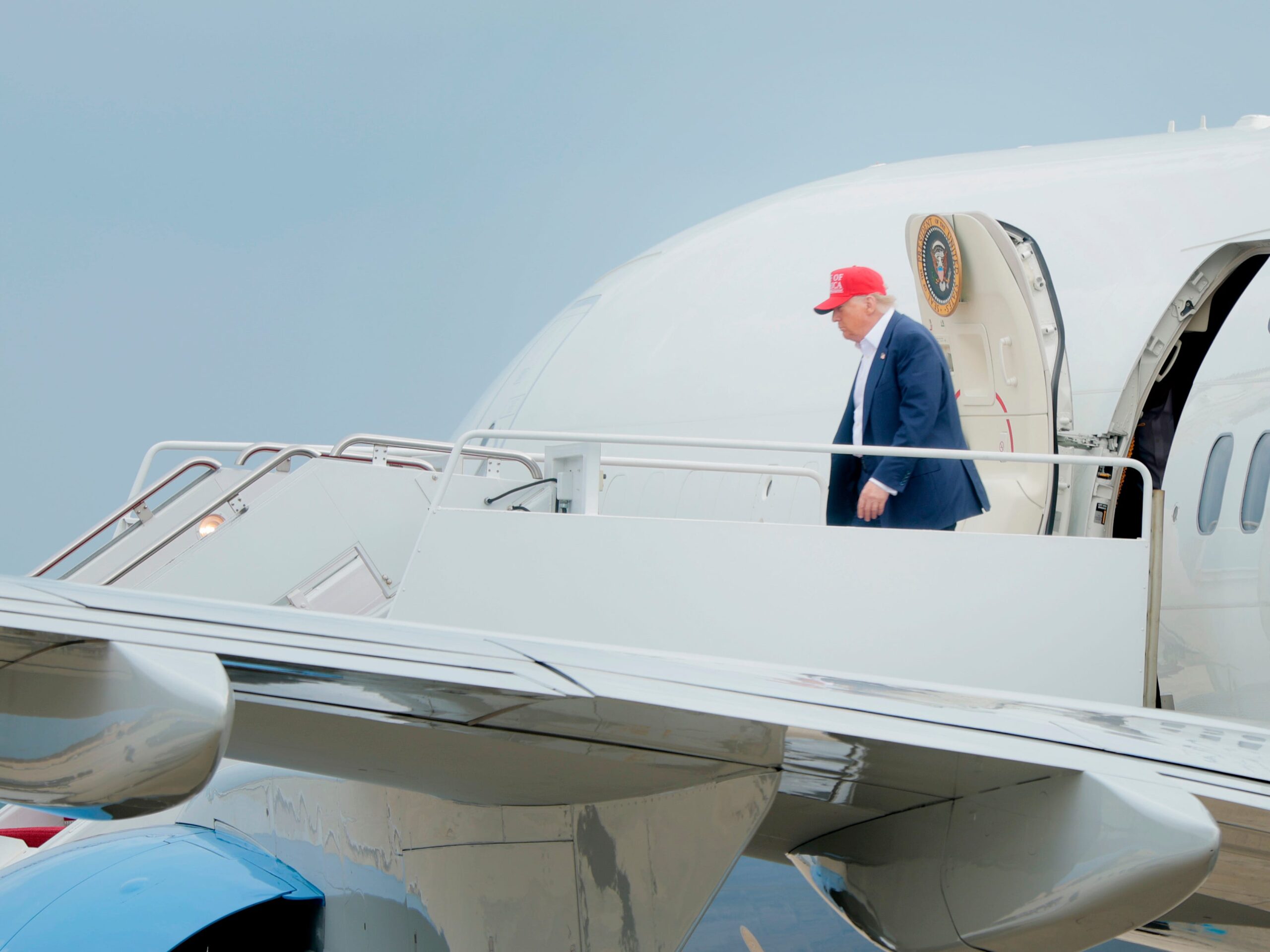UPDATE: The aviation industry has just received a major boost as new reports confirm that tariffs will not be imposed following the recently announced EU-US trade deal. This critical development comes after months of anxiety over the potential for punishing tariffs that could severely impact the global supply chain of airlines and plane manufacturers.
The trade deal, finalized on July 15, 2025, marks a significant victory for US aviation, alleviating fears that a 20% tariff proposed by former President Donald Trump would be enacted. Although negotiations initially reduced the potential tariff to 15%, the final agreement ensures that aircraft and their components will face zero tariffs, benefiting major players like Airbus and Delta Air Lines.
Airlines and planemakers had been preparing for the worst, devising creative workarounds to mitigate the impact of tariffs. For instance, Delta Air Lines successfully avoided tariffs by having an Airbus jet delivered to Japan instead of the US, allowing it to operate internationally without incurring additional fees. Meanwhile, Ryanair, Europe’s largest budget airline, explored options such as registering planes in the UK to sidestep tariff repercussions.
Transportation Secretary Sean Duffy expressed optimism at last month’s Paris Air Show, indicating a preference for a return to the zero-tariff agreement established in 1979. This sentiment reflects a broader desire within the industry to foster smoother international trade relations and minimize operational disruptions.
Despite the good news on tariffs, challenges remain for airlines as they navigate a post-pandemic landscape. American Airlines recently reported record revenues in its second-quarter earnings. However, the airline also lowered its profit forecast, projecting earnings per share between a loss of $0.20 and a profit of $0.80, down from earlier estimates of $1.70 to $2.70. CEO Robert Isom remains cautiously optimistic, citing an uptick in GDP and consumer demand for travel as positive indicators.
While the elimination of tariffs provides relief, the potential for companies to pass on costs to consumers could dampen travel demand in the near future. As prices rise, consumers may find themselves reconsidering their travel budgets, impacting the overall recovery of the aviation sector.
As negotiations continue and the industry adapts to new trade realities, all eyes will be on how these changes affect ticket prices and travel habits moving forward. The aviation sector’s immediate focus will be on leveraging the zero-tariff environment to stimulate growth and restore consumer confidence in air travel.
Stay tuned for more urgent updates as the situation evolves.





































































